Law and Ethics in the Business Environment International Edition 7th Edition by Terry Halbert – Test
LAW & ETHICS IN THE BUSINESS ENVIRONMENT
CHAPTER 4
Valuing Diversity: Stereotyping v. Inclusion
Questions
- Equal protection is the constitutional guarantee:
- that empowers Congress to regulate equally distributed commerce with foreign Nations, and among the several States, and with the Indian Tribes.
- that laws made in pursuance of the Constitution and all treaties made under the authority of the United States shall be the equally protected as the “supreme law of the land.”
- embodied in the Fourteenth Amendment to the U.S. Constitution.
- that grants and distributes power and responsibilities to national and state governments.
ANSWER: C PAGE: 130
- A mayor serving in a major metropolitan area receives an internal memorandum indicating personnel at many police stations are single-race. At the time of the report, thirty percent of the police force was black or Hispanic. She immediately calls a press conference and orders transfer of police officers to achieve racial balance across the city. The transferred police offers sue on constitutional grounds. Assuming just these facts, what is the strongest argument that might be advanced by the transferred officers based on constitutional grounds?
- Executive action by the mayor is unconstitutional because there was no rational relationship to a valid governmental purpose.
- The action is “void for vagueness” since transferred police officers must unnecessarily guess at the underlying public policy of the transfer process.
- The mayor’s policy used race as the basis for transfers, and assignments are subject to strict scrutiny.
- The transfer can be set aside based on intermediate or heightened level of scrutiny.
ANSWER: C PAGE: 130
- John Smith was assaulted on the loading dock by a coworker, Jim Jones, at the Acme Widget Company. The attack was unprovoked by Smith. After the physical assault, there was an angry verbal exchange between the parties. The incident ended when Jones yelled that Smith was a “sissy” and “everybody knows you’re queer as a three dollar bill.” Which of the following statements best describes the outcome of the harassment lawsuit filed by Smith under The Civil Right Act of 1964?
- Sex discrimination is prohibited by federal law (The Civil Right Act of 1964).
- Sexual orientation discrimination is prohibited by federal law (The Civil Right Act of 1964).
- Suits based on harassment due to sexual orientation cannot prevail when based on local or state laws.
- Sexual orientation discrimination is not prohibited by federal law (Title VII).
- I only
- II only
- III only
- I and IV
ANSWER: D PAGE: 130
- Title VII specifically addresses the issues of affirmative action, sexual harassment, and same-sex marriage.
- True
- False
ANSWER: B PAGE 134
- To establish a prima facie case of religious discrimination, the employee has to show all of the following except which one:
- That religion has been a significant part of the employee’s life for a significant amount of time.
- That the employee has a sincerely held religious belief.
- That the employer was on notice that the religious belief was in conflict with the employer’s request.
- That there was a negative employment action based on a conflict between the religious belief and the employment requirement.
ANSWER: A PAGE: 136


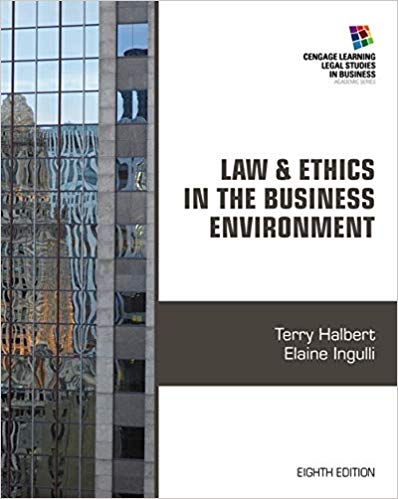
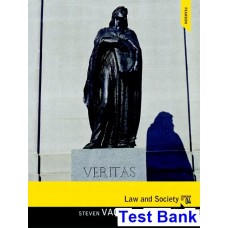



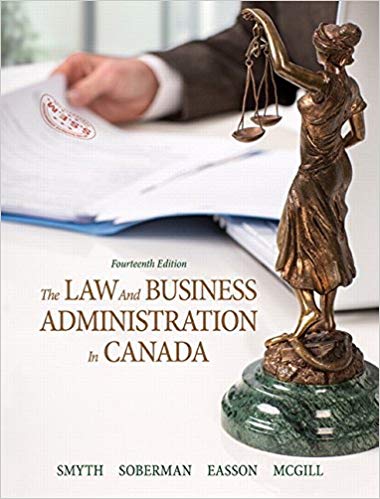
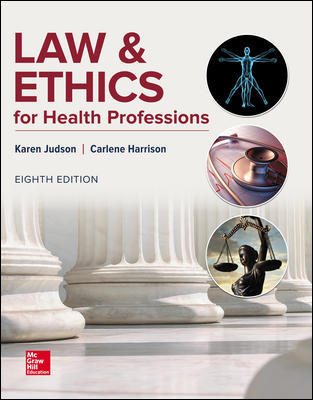

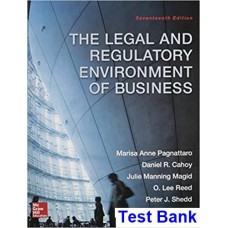
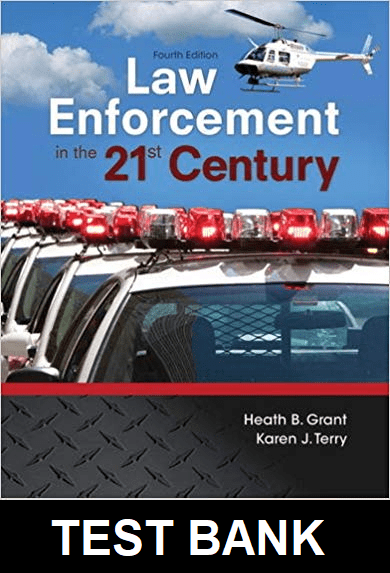


Reviews
There are no reviews yet.